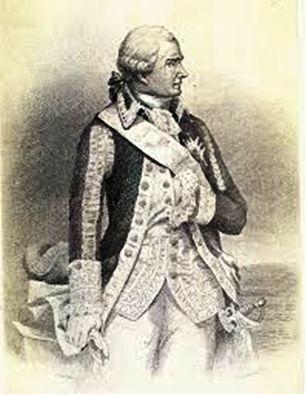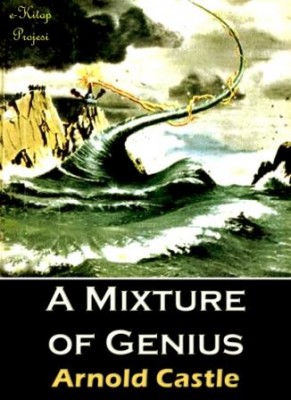Chapter I—John Tuckerman Comes to Bartmouth
Tom Hallett lived in an old town on the Atlantic seaboard, a port of New Hampshire that was wedged in between the rocky coast of Maine and the sandy beaches of Massachusetts. If he crossed the broad river to the north, the beautiful Pesumpscot, by the old toll-bridge that seemed as ancient as the town itself, he came into the Pine Tree State. If he sailed to the south, he had not far to go before he reached Cape Ann. Back of him, to the west, lay the foothills of the White Mountains, and he had often tramped far enough in that direction to see the noble outline of Mount Washington rise grandly against the sky. In front—for people who live along the seacoast always think of the ocean as being at their front door—was the harbor of Barmouth, a wide semi-circle, its two horns sticking way out to the east, its broad bosom dotted with many islands. Once Barmouth town had sent many ships to sea, merchantmen to the West Indies, around Cape Horn, to the fabled lands of India and China, fishing fleets to the Grand Banks off Newfoundland, whalers to the Arctic; now, however, ships were not so plentiful, sails had given place to steam, and the young men stayed ashore to make their living rather than seek the rigors and gales that were a part of the toll exacted by Father Neptune.
Tom Hallett’s house had the cupola on top of its roof that told of the old sailing days, the “widow’s watch,” as it was commonly called, for from there the wives of sailors used to watch for the first sign of homebound sails. His grandfather had been a sea-captain, and the house was full of the treasures he had collected. Many a time Tom and his older sister Milly had listened to the amazing yarns the weatherbeaten mariner had spun by the winter fire.
Barmouth was an excellent place for a boy to live. There was plenty of lawn around most of the houses, the streets were wide and well-shaded, open country was near enough to be reached by a ten-minute walk. There was coasting and skating in winter—all that one could wish—and the ponds that rang with the music of steel runners in January were swimming-holes in July and tempting places to fish. And there was always the harbor and the wind from the sea, calling young sailors to launch their dories and try their skill over the rippling waves.
Tom was sixteen that summer, and wanted something to do—something a little different from his usual holiday jaunts. He told his father about it, and his father said he would think the matter over. And then one evening, as Tom was leaning on the garden gate, wishing that some adventure would come his way, he found himself addressed by a stranger.
“Do you know of a young fellow out of a job?” said the stranger. “A likely young fellow, who doesn’t mind roughing it?”
















































































